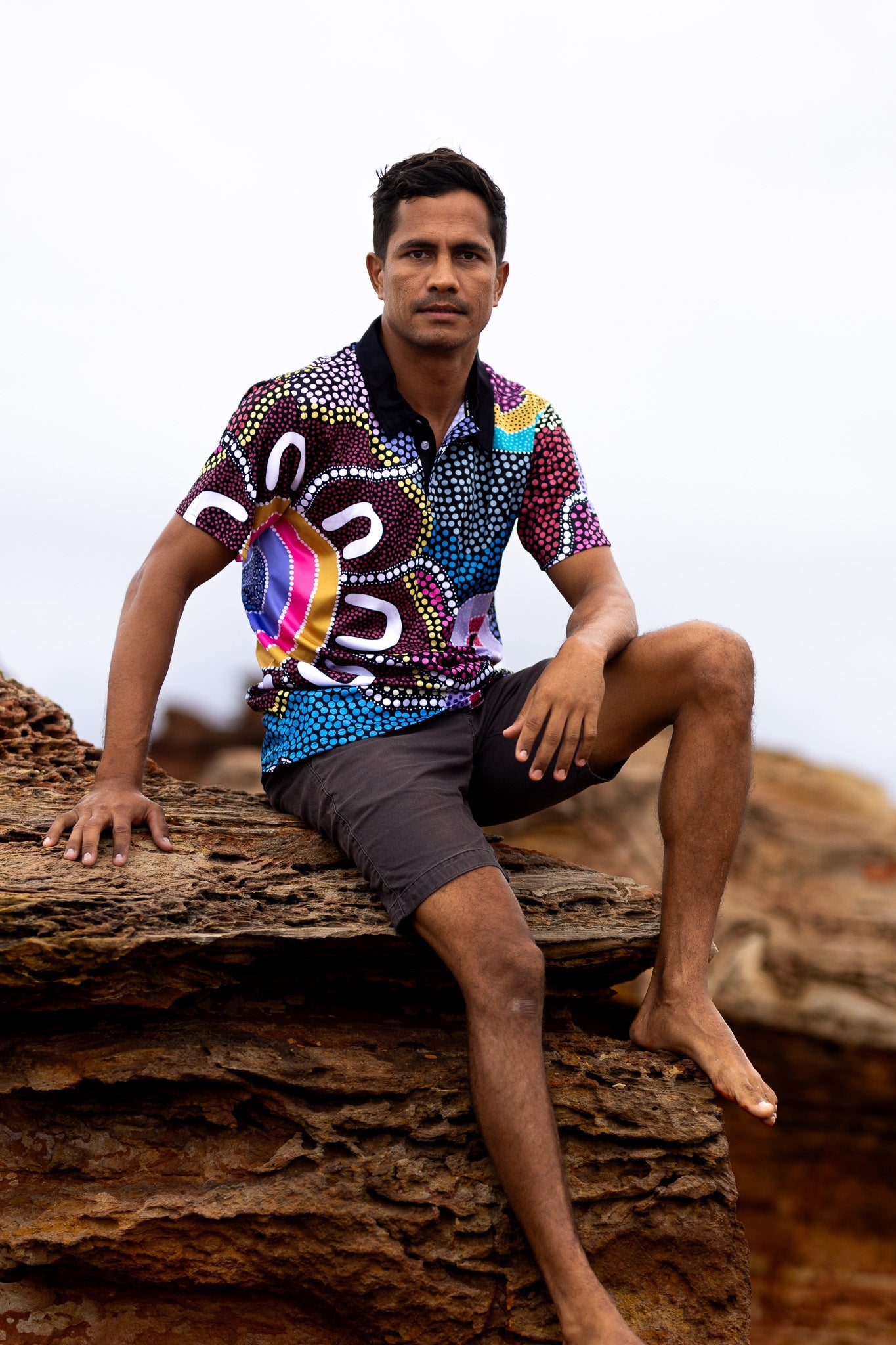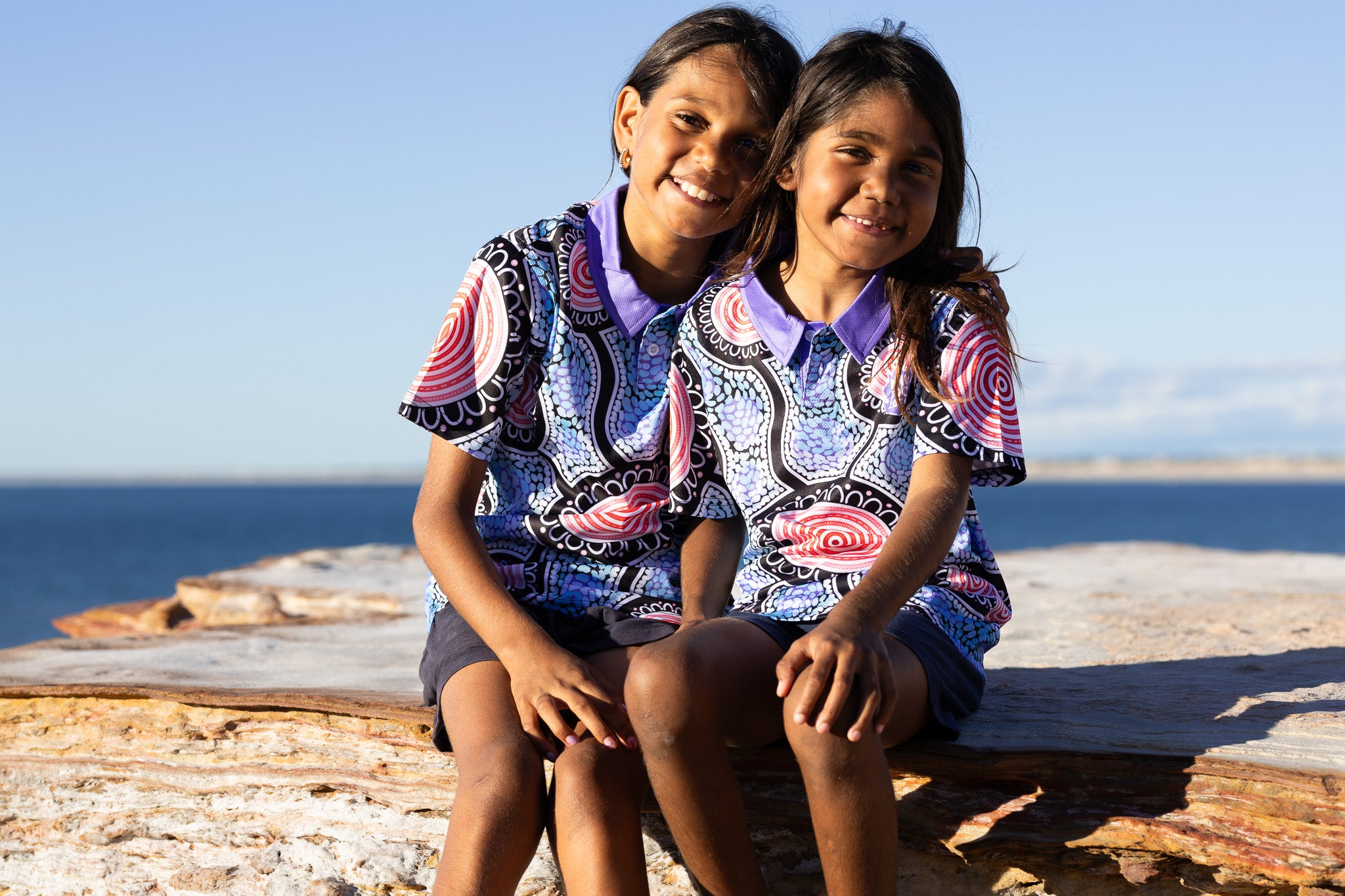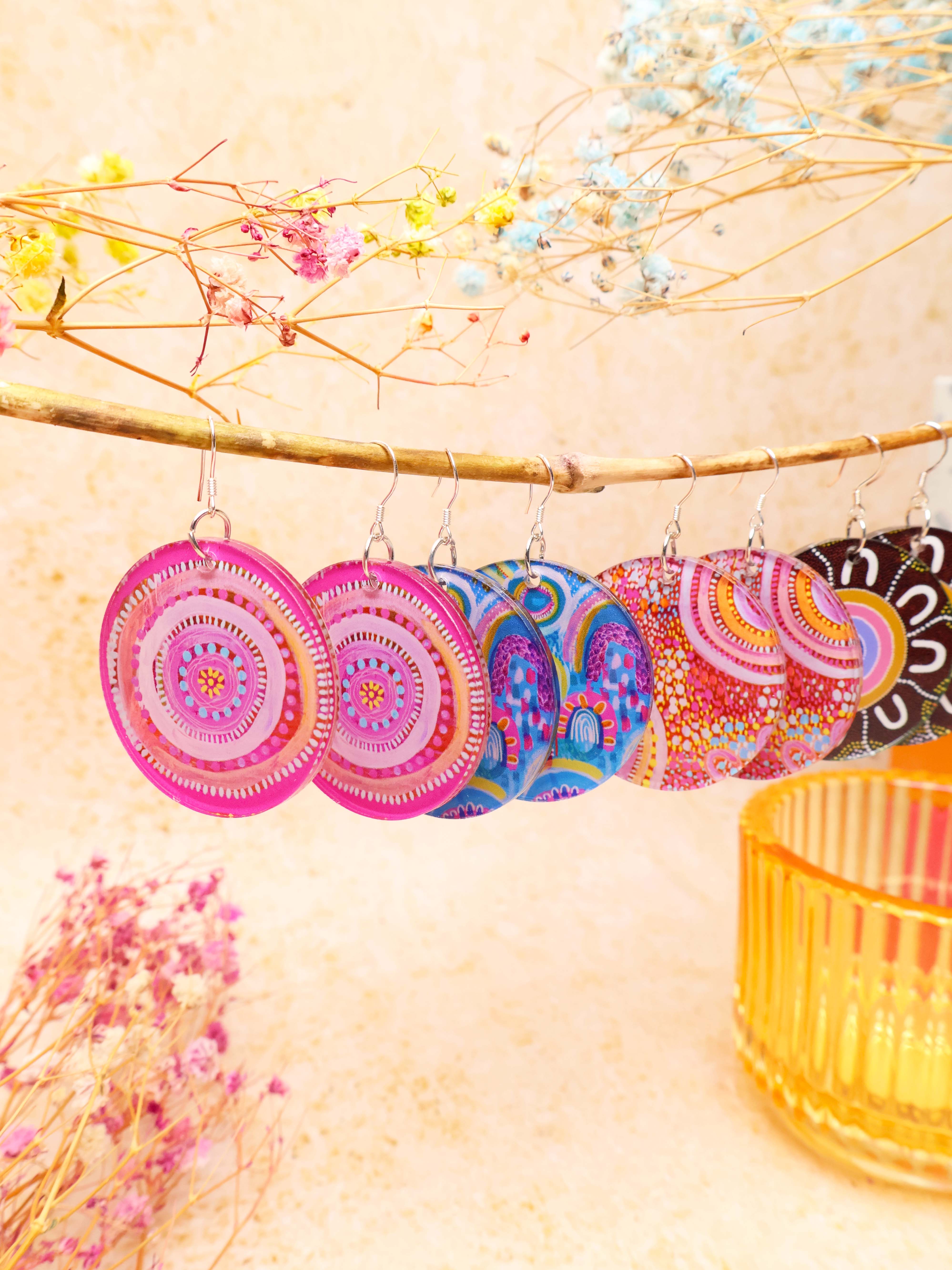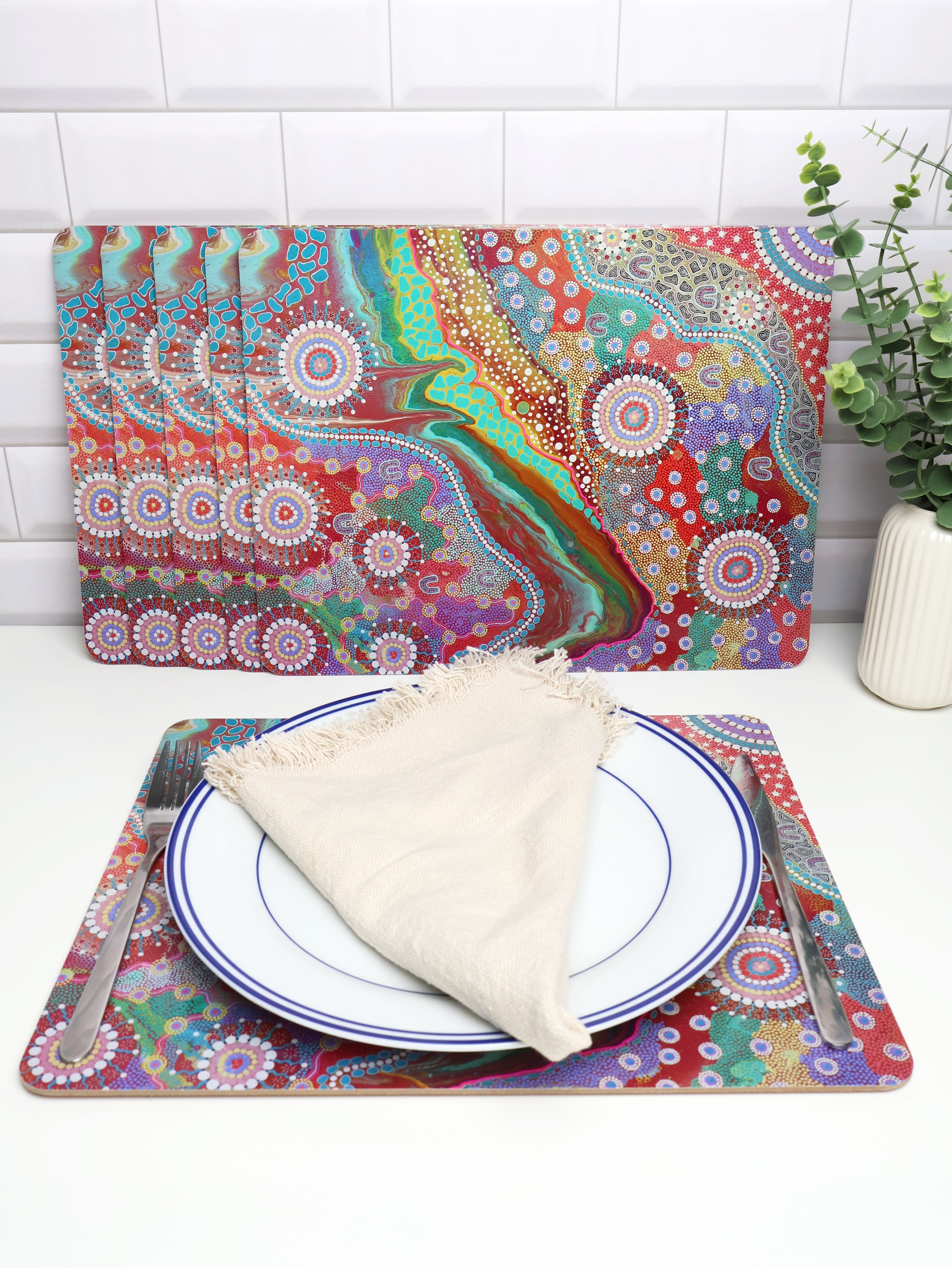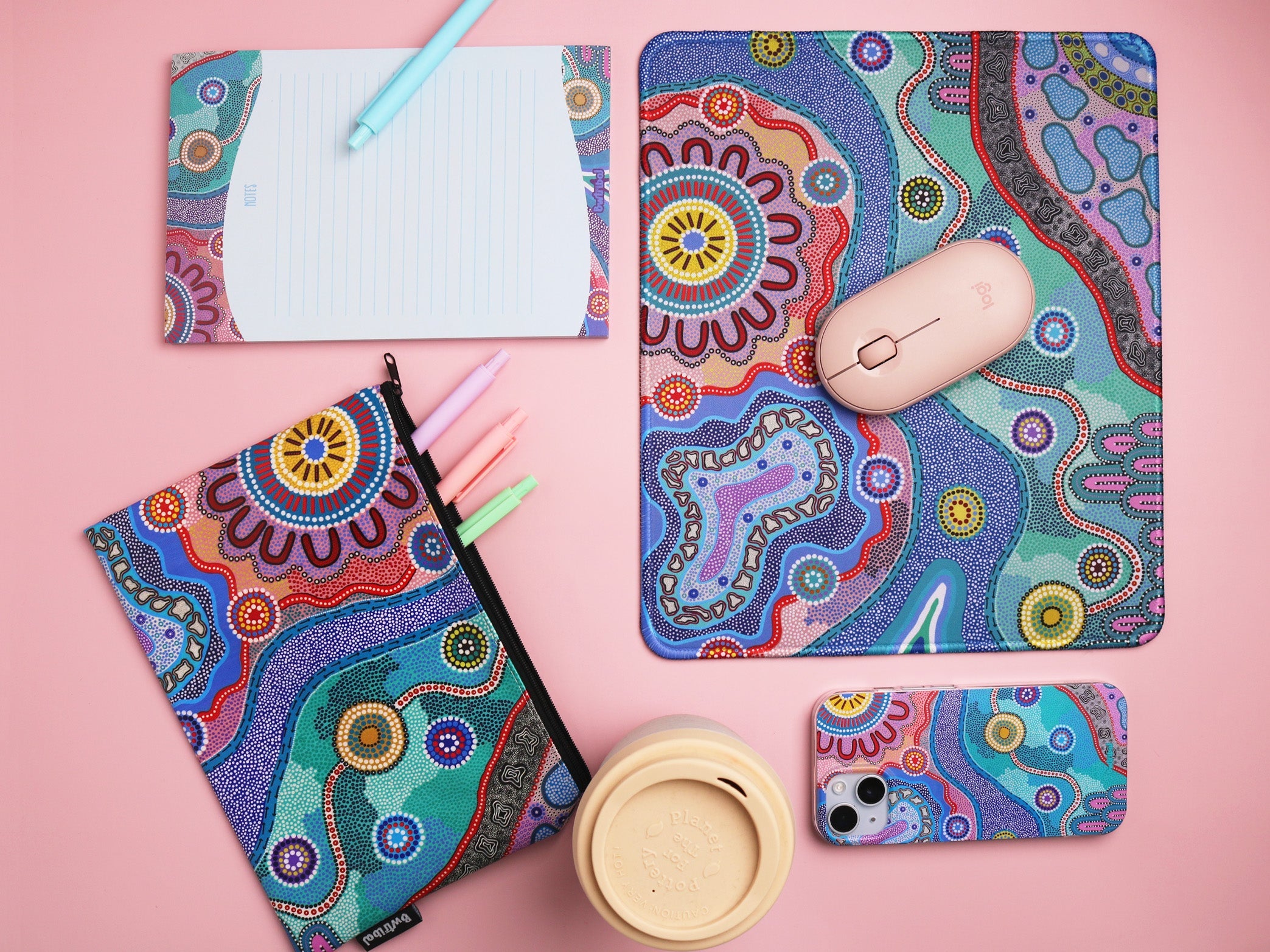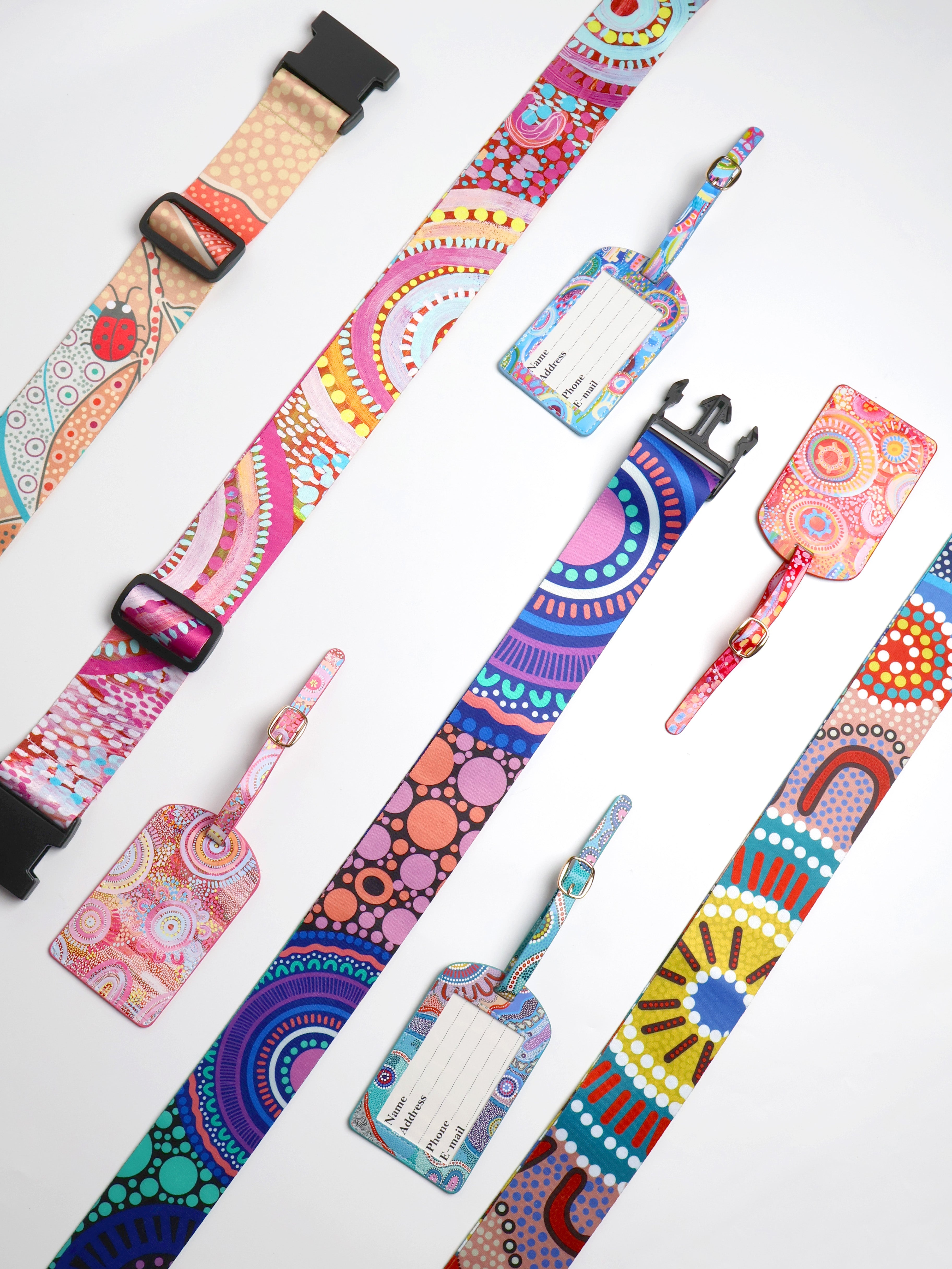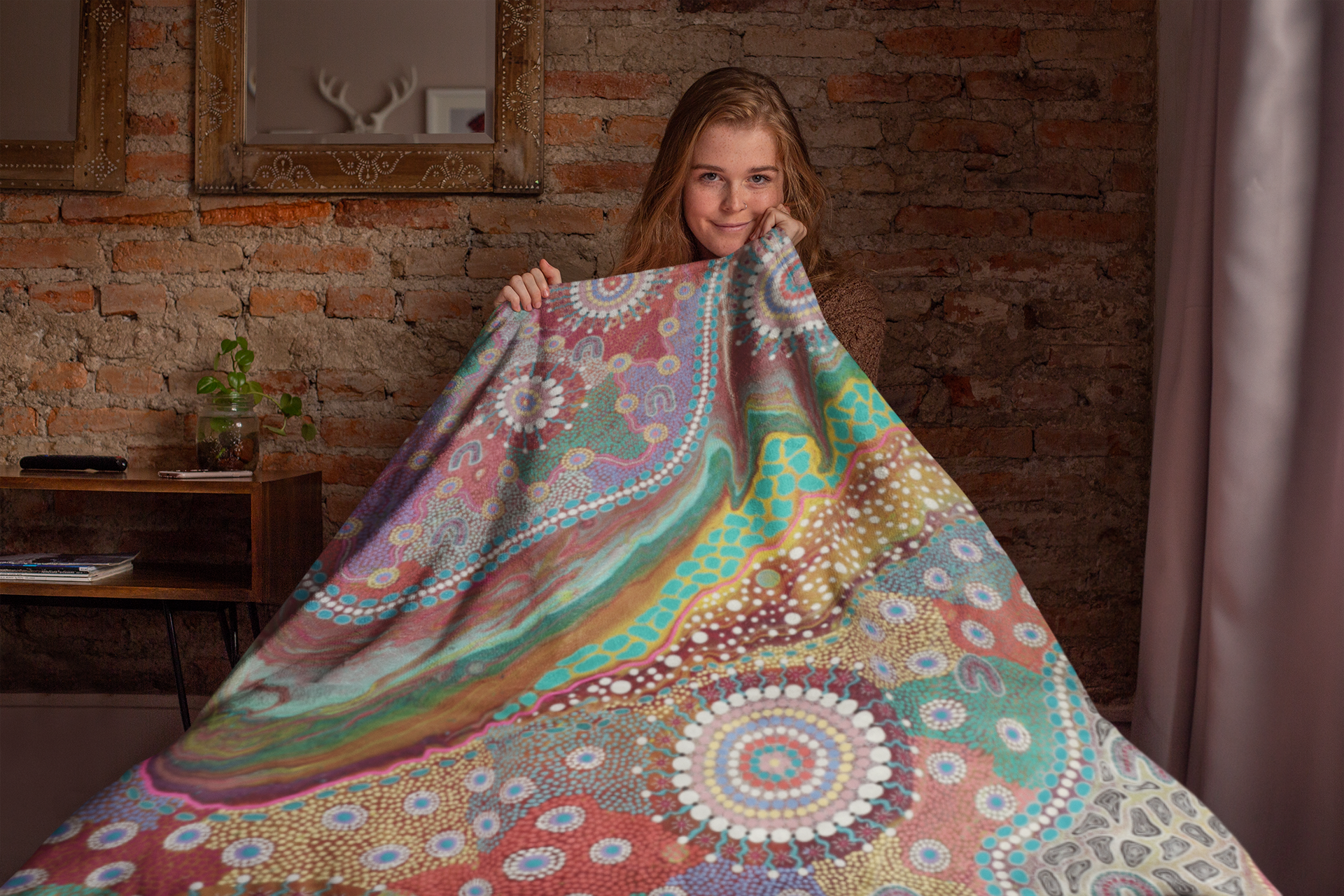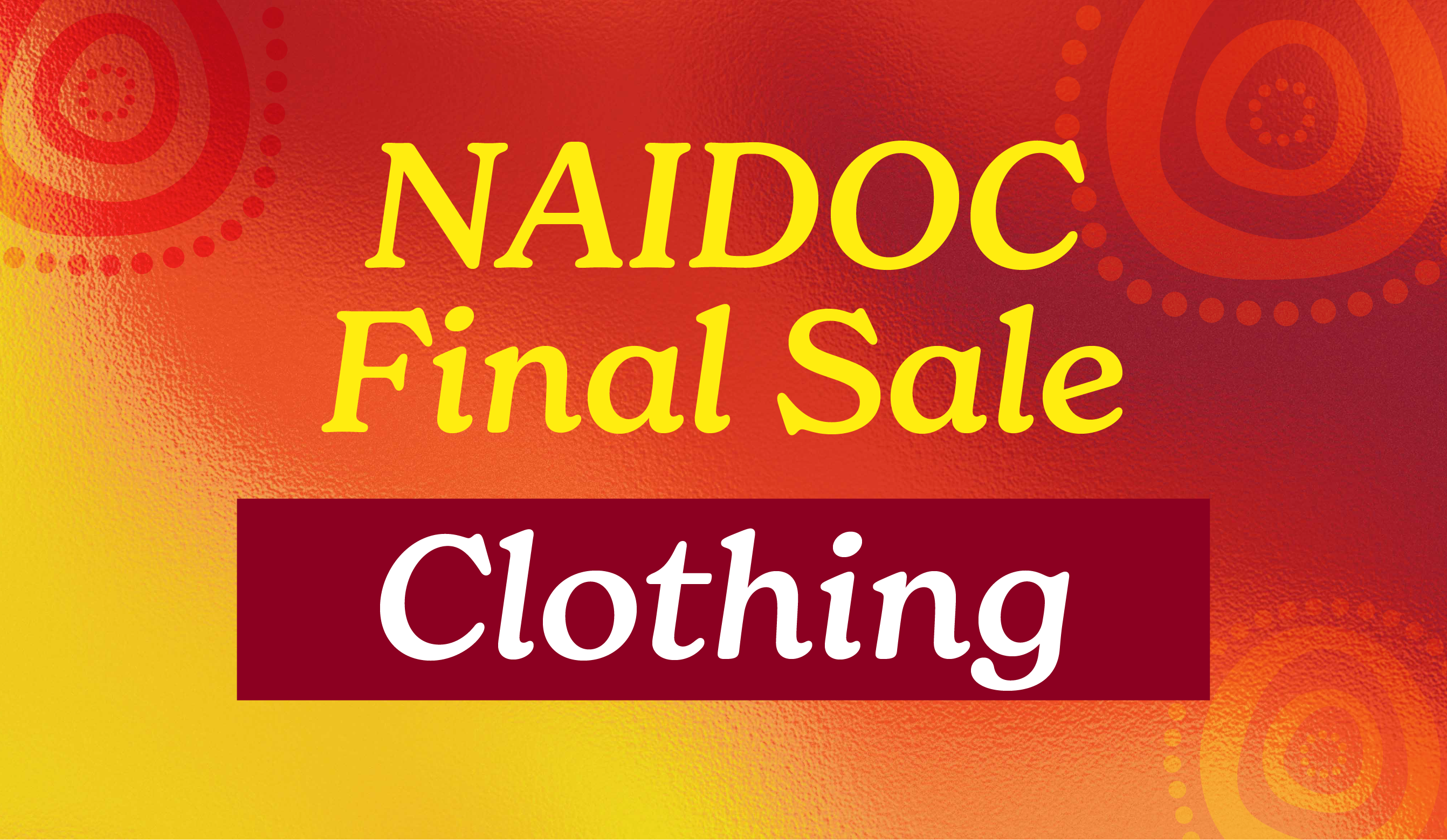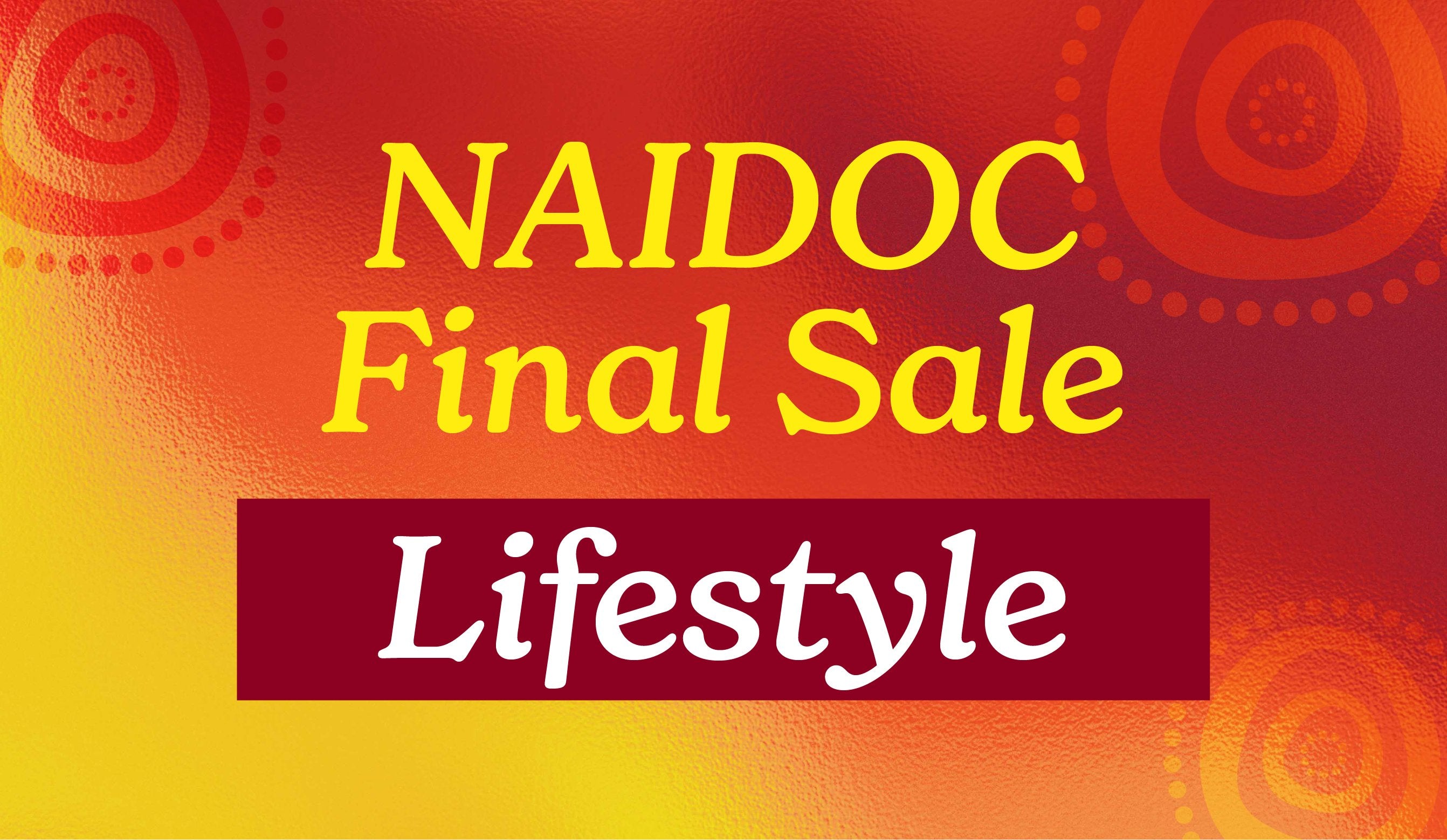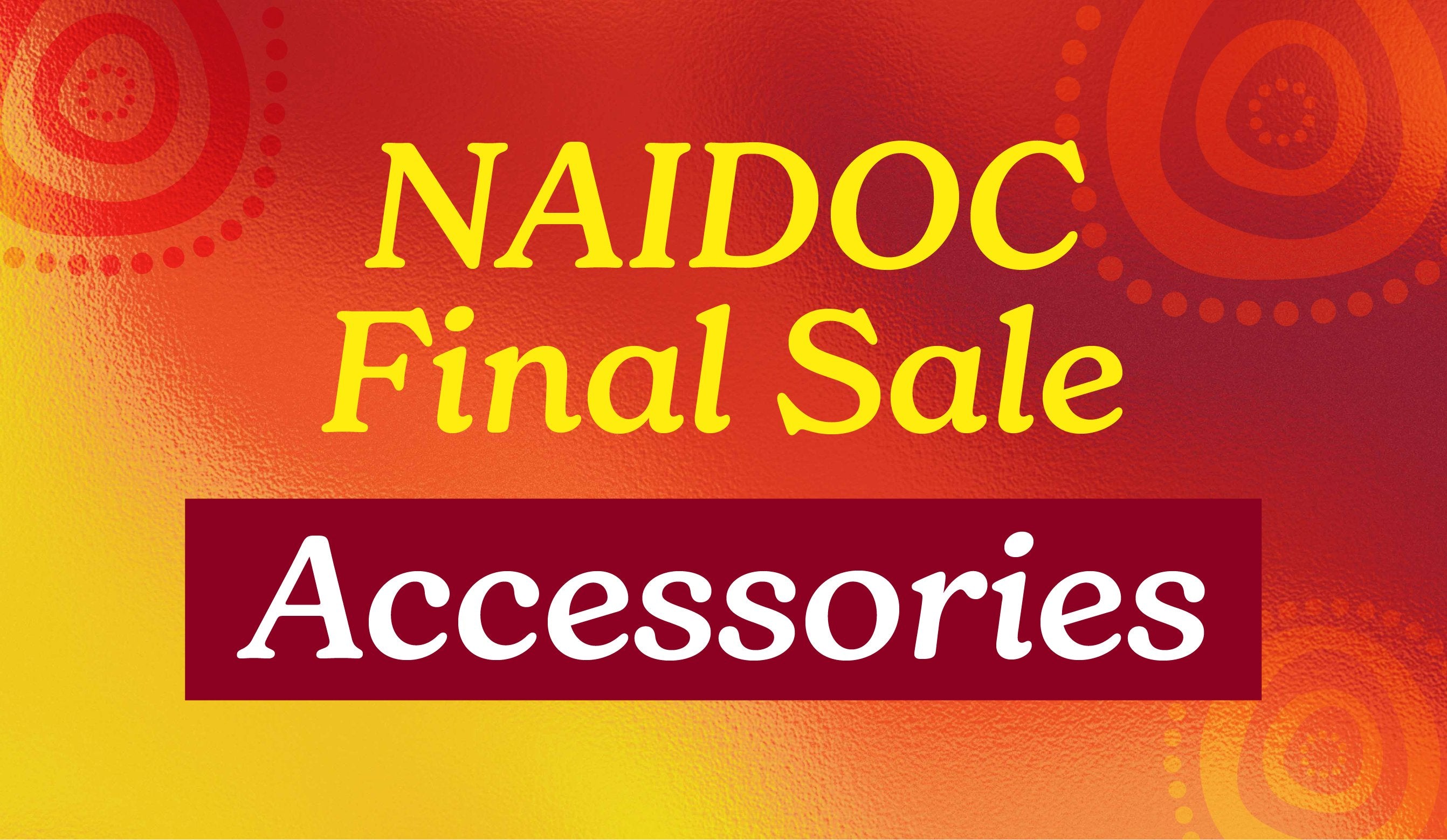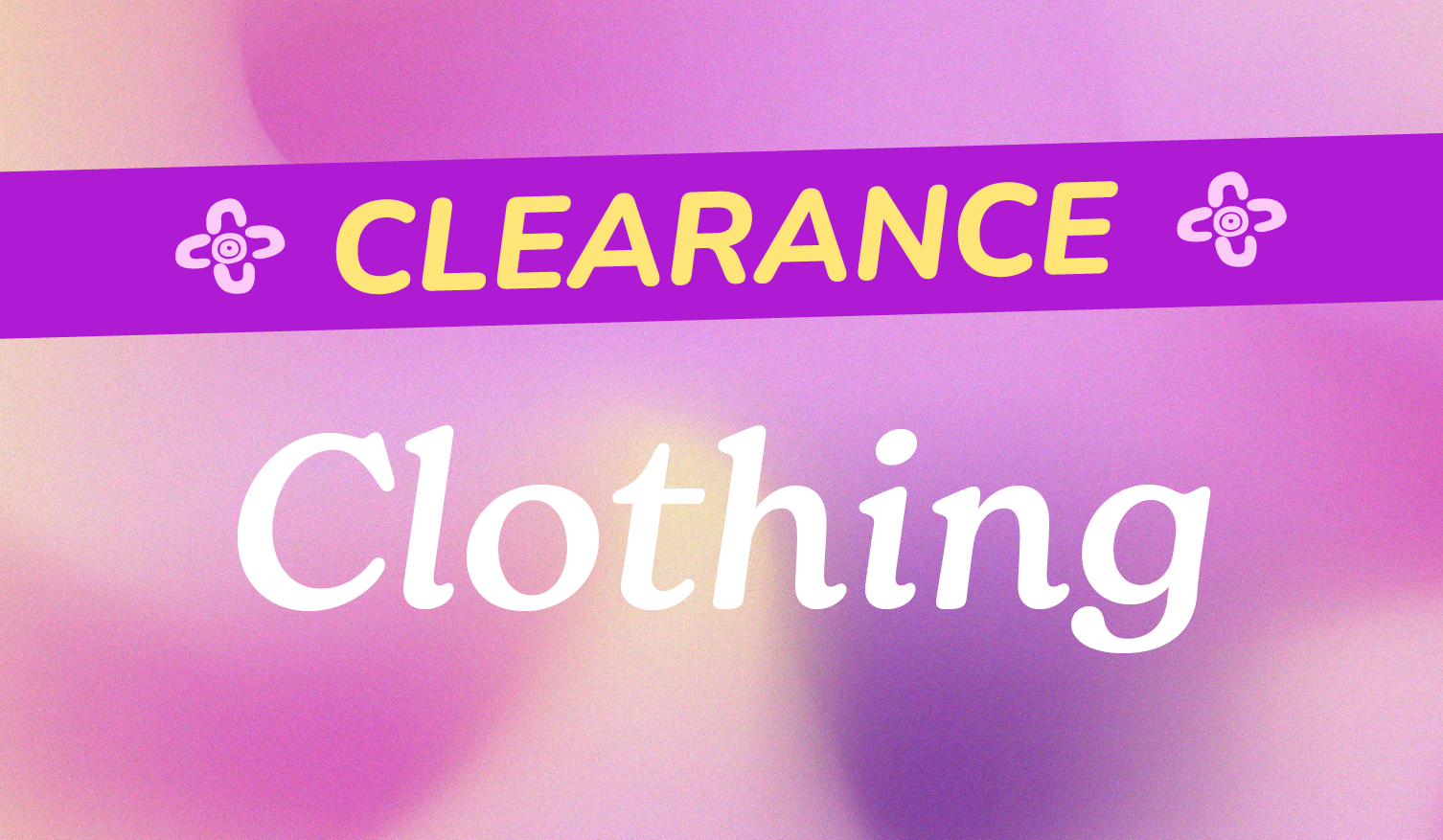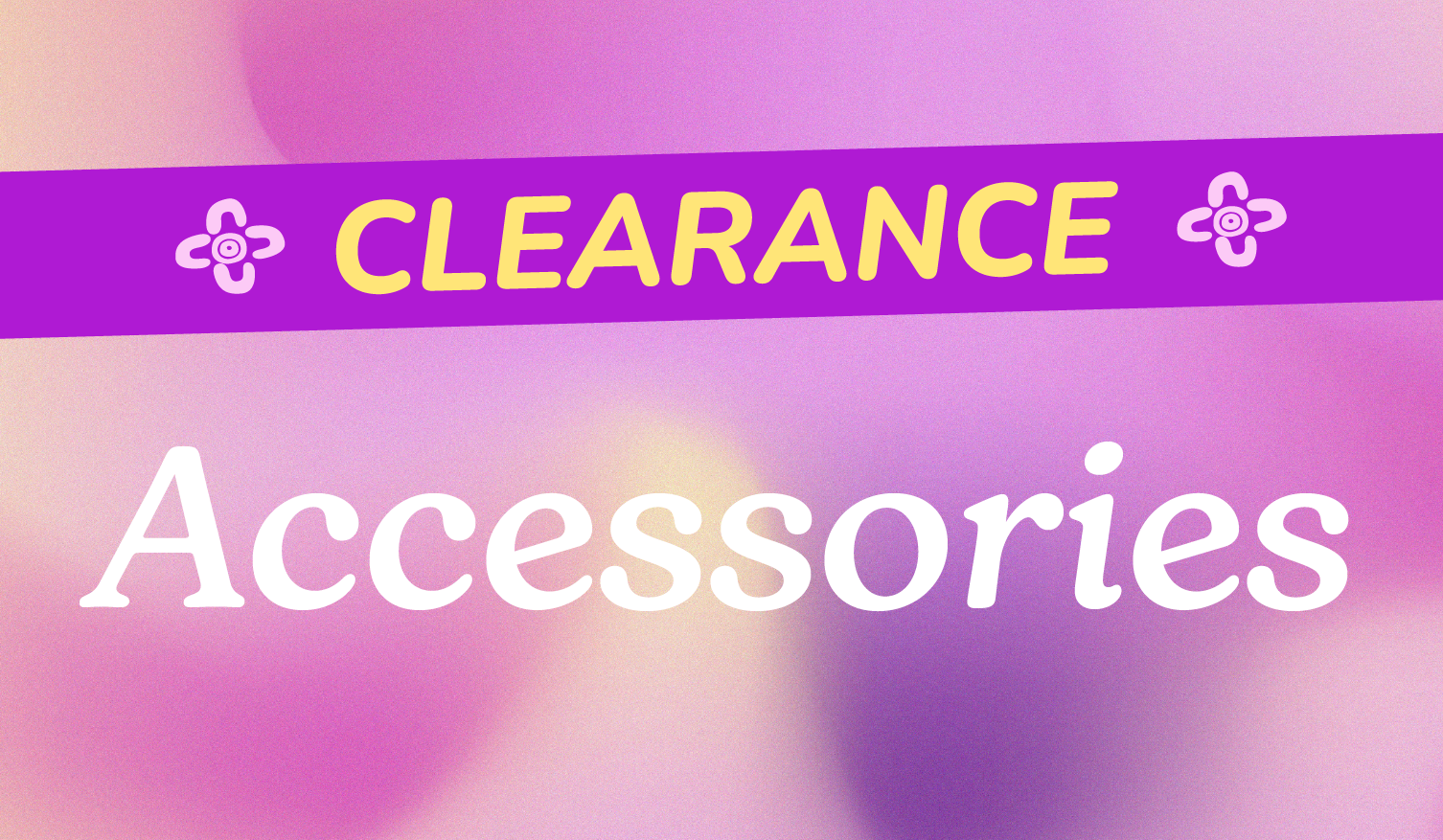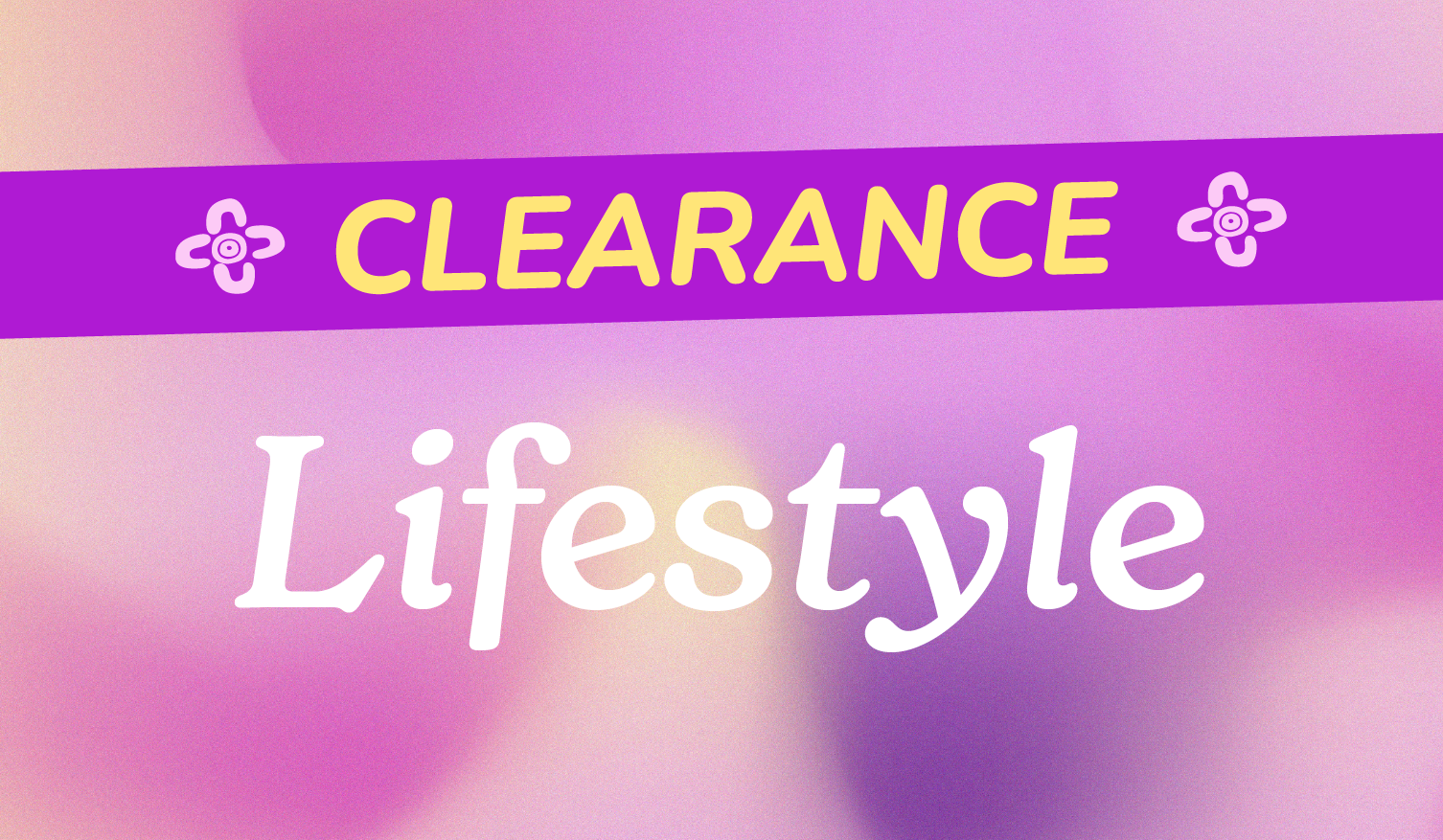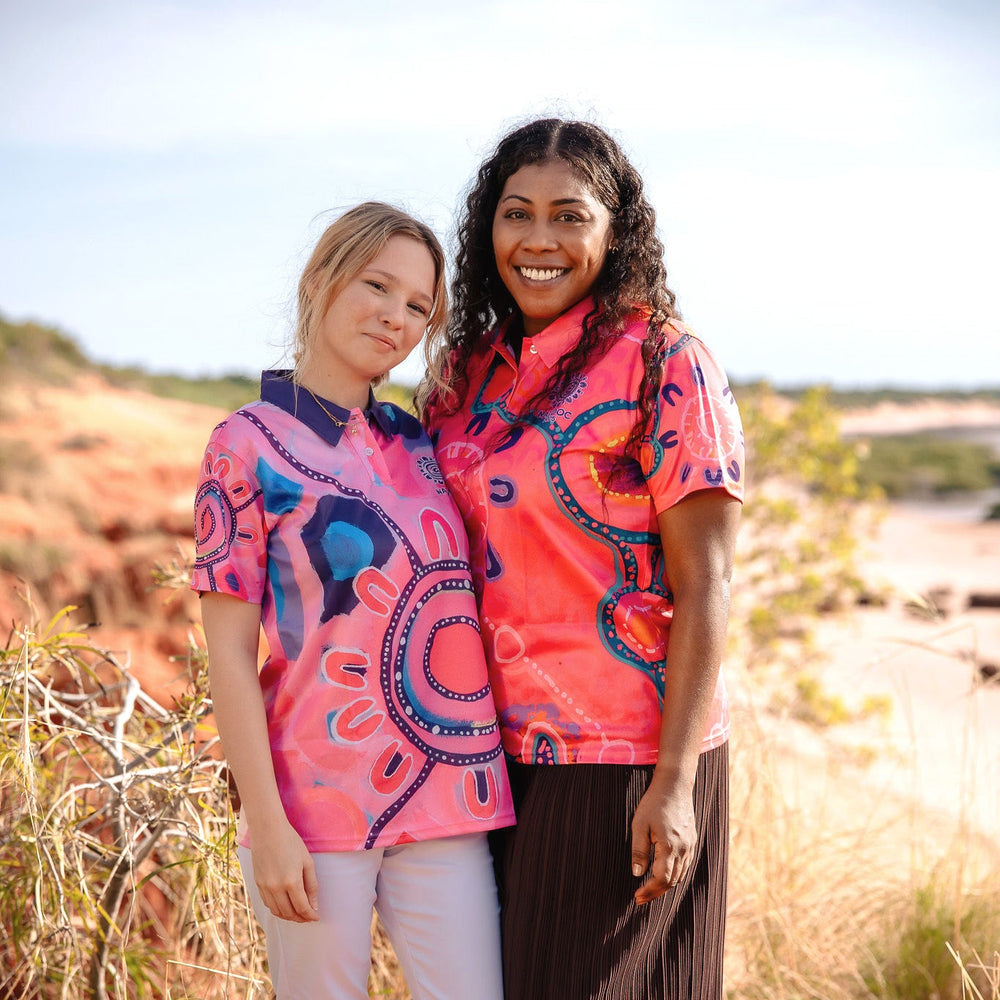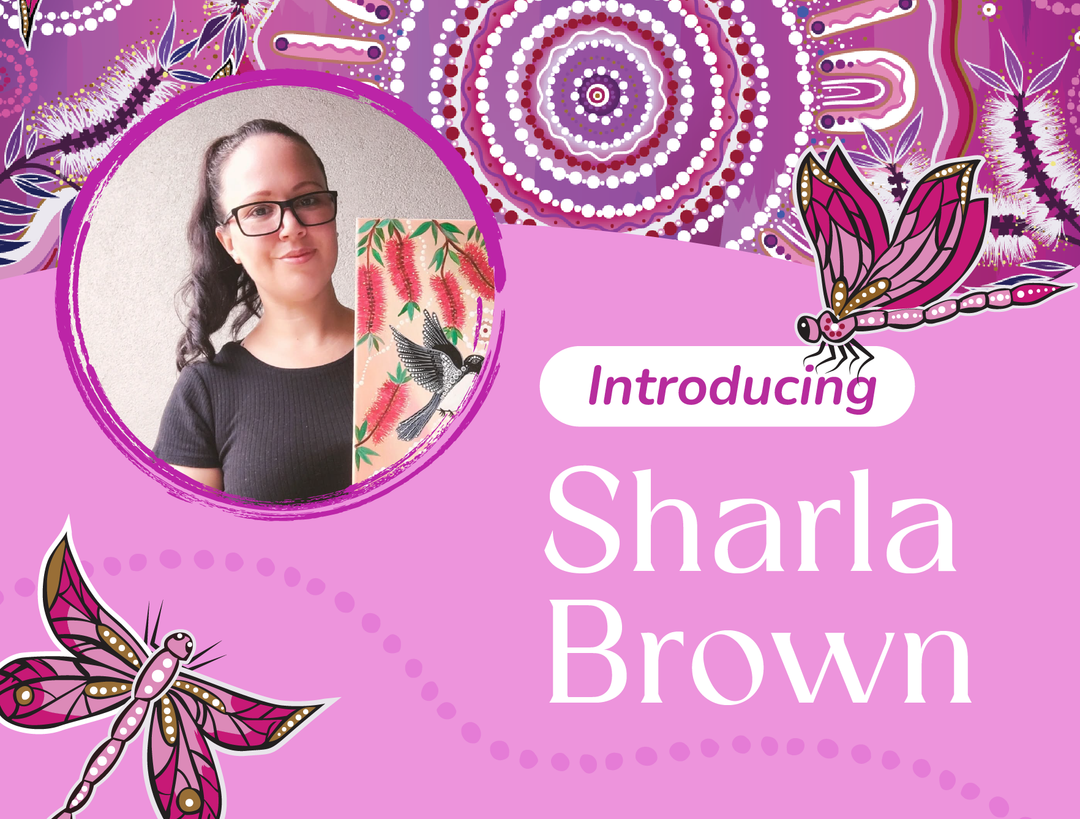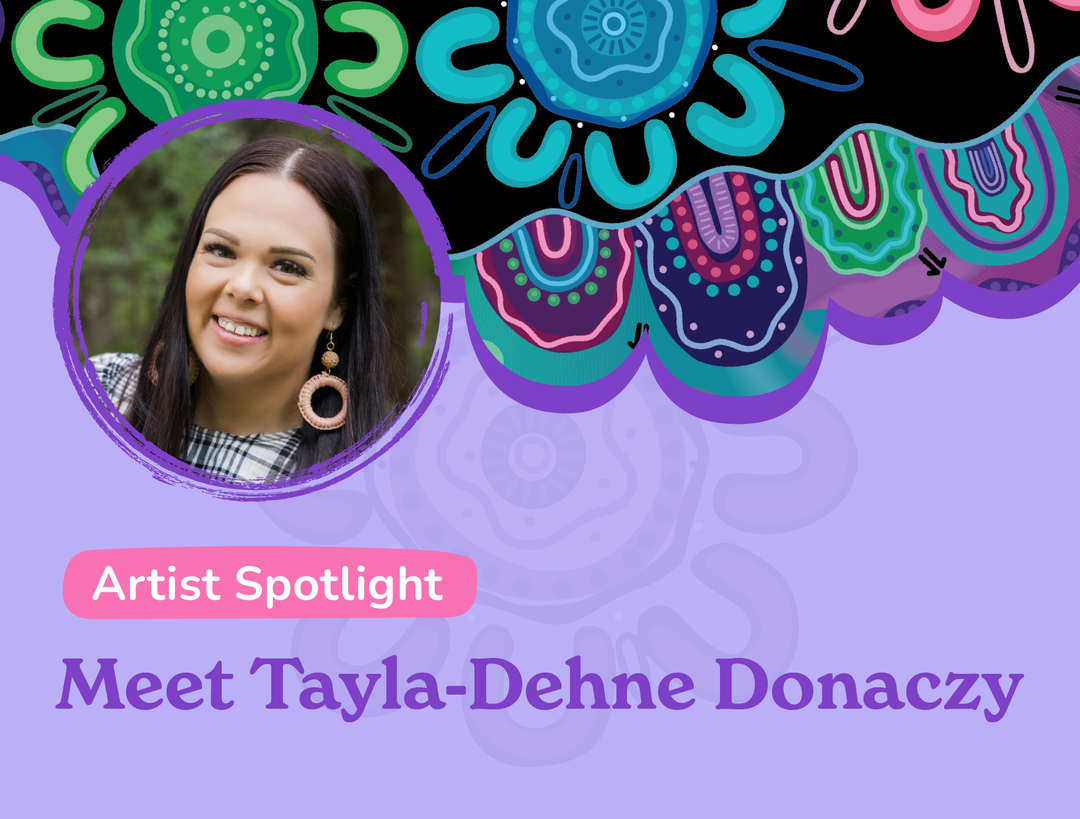Every year on May 26, Australia pauses to reflect on a dark chapter in its history. National Sorry Day is a time to acknowledge the immense trauma inflicted upon the Stolen Generations – the Indigenous Australian children who were forcibly removed from their families between the mid 1800s and 1970. It's a day to remember, to heal, and to renew our commitment to reconciliation.
The origins of National Sorry Day can be traced back to the groundbreaking "Bringing Them Home" report, which was presented to the Australian Parliament in 1997. This report, the result of a national inquiry, laid bare the devastating impact of the forced removal policies on Indigenous communities. It called for an unreserved apology and reparations, paving the way for the first National Sorry Day in 1998. A decade later, in 2008, Prime Minister Kevin Rudd delivered a formal apology to the Stolen Generations on behalf of the Australian government. This historic moment marked a significant step forward in acknowledging the injustices faced by Indigenous Australians and pledging to work towards reconciliation.
But National Sorry Day is about more than just remembering the past. It's a day to recognise the incredible resilience and strength of the Stolen Generations survivors. It's a reminder that the impact of these policies is still felt today and that supporting Indigenous communities in their healing journey is an ongoing responsibility.
The theme for National Sorry Day 2024, "Bringing Them Home – the Unfinished Business," underscores the fact that many of the recommendations from the original report remain unimplemented nearly 30 years later. This includes providing a comprehensive redress scheme for survivors and ensuring access to records that hold vital pieces of their personal histories.
Organisations like The Healing Foundation play a crucial role in supporting the Stolen Generations and raising awareness about National Sorry Day. They provide resources and platforms for survivors to share their stories, fostering greater understanding and commitment to the healing process.
Across the country, communities come together on National Sorry Day to learn, to share, and to heal. From educational workshops and cultural performances to memorial services, these events keep the conversation about reconciliation at the forefront of our national consciousness.
As we observe National Sorry Day, it's crucial to remember that the journey to true reconciliation is far from over. It requires ongoing commitment from the government and from all Australians to address the unfinished business of the "Bringing Them Home" report and to ensure that Stolen Generations survivors can age with the dignity and respect they deserve.
In the spirit of National Sorry Day, it's worth reflecting on the role that Indigenous-owned businesses like BW Tribal play in the broader journey towards reconciliation. As Australia's largest 100% Indigenous-owned clothing company, the significance of this day is not lost on BW Tribal. The company was founded on the principles of celebrating Indigenous culture, creativity, and resilience – values that are at the heart of National Sorry Day.
For BW Tribal, Sorry Day is a time to pause, to remember, and to honour the strength of the Stolen Generations survivors. It's a day that hits close to home for many within the company, who have either directly experienced or have family members who have lived through the trauma of forced removal policies. This personal connection fuels BW Tribal's commitment to using their platform to raise awareness, to educate, and to contribute to the healing process.
By proudly showcasing Indigenous art and design, BW Tribal is not only promoting economic empowerment for Indigenous communities but also fostering a deeper appreciation for Indigenous culture among the wider Australian public. This visibility and celebration of Indigenous identity is a powerful statement in the face of a history that sought to erase it.
As we mark National Sorry Day, BW Tribal stands in solidarity with Indigenous communities across Australia. They recognise that the path to reconciliation is a shared one, requiring the active participation and commitment of all Australians. Through their work and their values, BW Tribal is playing their part in this vital journey, one that honours the past while building a stronger, more united future for all.






